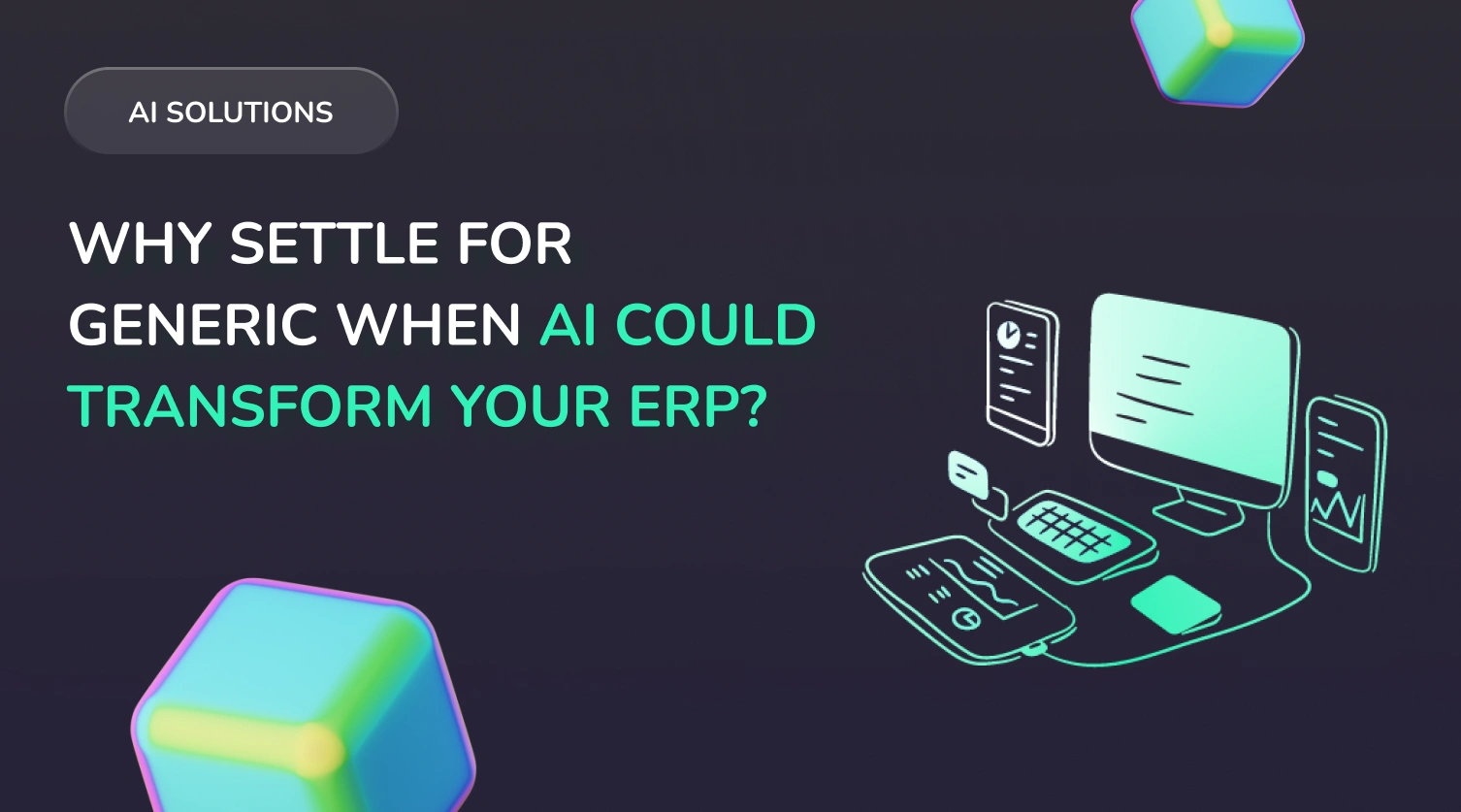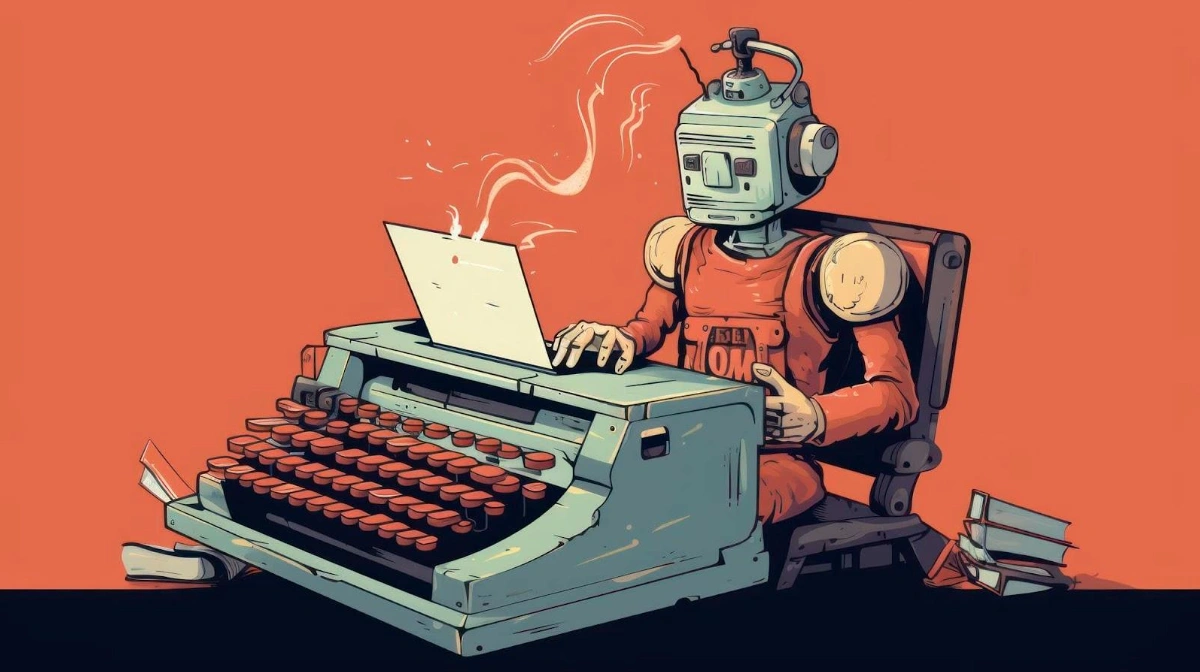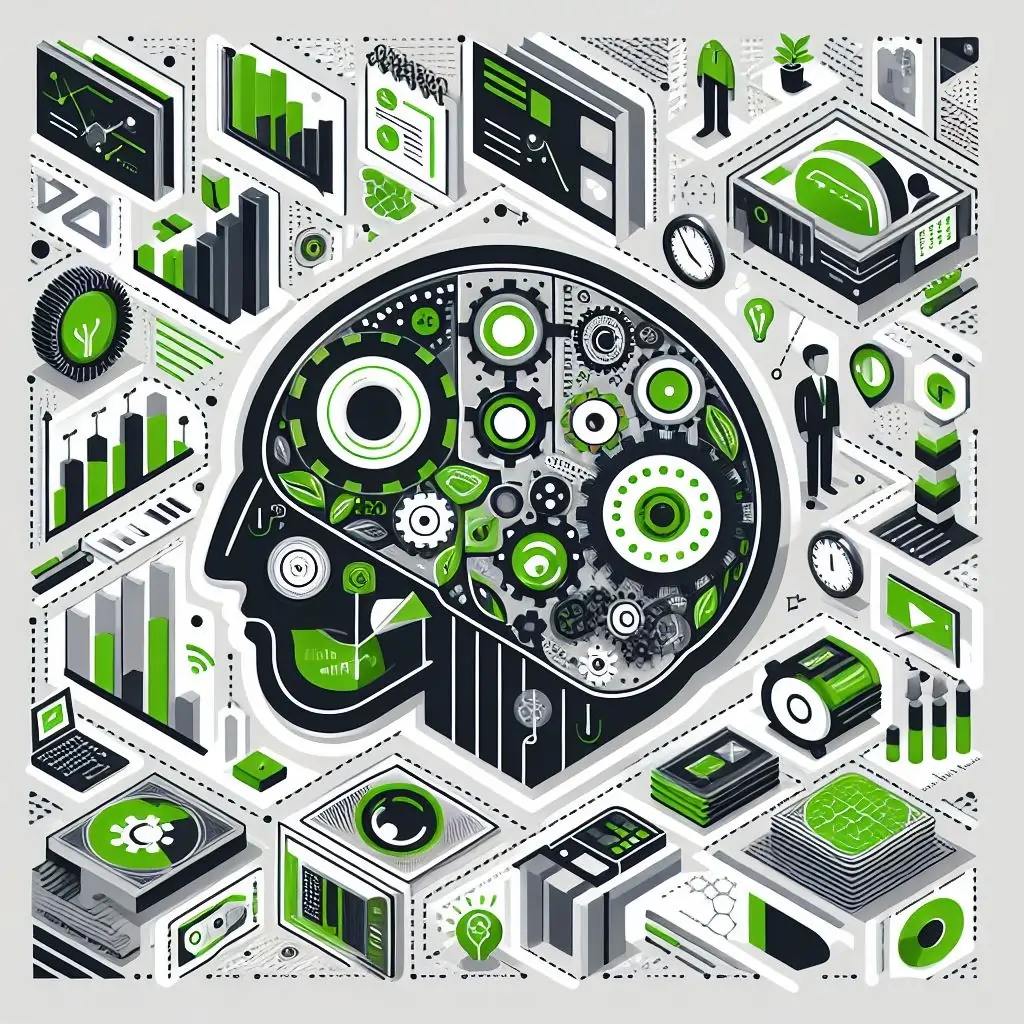
You’ve probably been there — your business is growing, more clients are coming in, the team is expanding… Everything looks good on the surface, but behind the scenes, things start falling apart. Excel sheets multiply like crazy, reports don’t match, data gets lost, and your team is buried in repetitive tasks. And you catch yourself thinking, “This can’t go on any longer.”
Don’t worry — what seems like chaos is actually your signal to grow. At this point, you need a system that connects all parts of your business and helps you scale without losing control. But the question is: What kind of ERP do you need?
A ready-made platform that you can launch in just a few weeks?
Or a custom AI solution that fits your business logic, automates smartly, and predicts outcomes before they happen?
There’s no one-size-fits-all answer — especially if you’re a product owner or a startup founder, where every decision must balance speed, efficiency, and long-term strategy.
In this article, we’ll walk you through what matters when choosing between a standard ERP and a custom ERP. No complicated tech terms — just clear insights focused on what drives your business: flexibility, scale, intelligent tools, and return on investment.
ERP Is Growth Engine or Bottleneck?
Once your business moves beyond MVP and enters the scaling phase, managing everything manually becomes not just inefficient — it can actually be risky. Your finances are in one tool, logistics in another, your team is messaging across platforms, and your managers waste hours building manual reports.
This is where ERP software examples come in — systems designed to bring together key business processes: finance, warehouse, sales, HR, procurement, and analytics. ERP becomes your company’s operating brain — the tool for control, visibility, and growth.
However, by 2025, having an ERP alone will no longer be enough. Today’s leaders are turning to AI ERP platforms — systems enhanced by artificial intelligence that can do more than track numbers. AI in ERP helps you:
- Predict demand using history and external data,
- Optimize supply chains,
- Prevent disruptions before they happen,
- Automate daily tasks like hiring and inventory updates.
According to McKinsey, companies using custom AI development for supply chain automation report up to 4% more revenue, 20% less inventory, and 10% lower supply chain costs.
But this is exactly where the real decision begins — should you go with an off-the-shelf ERP or build your own?
A ready-made ERP solution can cover basic tasks, but it likely won’t fit the unique logic of your business. A custom AI-ERP, on the other hand, is built around your specific processes — but it takes more time and investment in the beginning.
So now you’re at a crossroads: quick setup or long-term flexibility? A system built for the average company, or a platform that grows and adapts with you?
There’s no one-size-fits-all answer — but in the next sections, we’ll help you figure out which option makes the most sense for your business.
When “Off-the-Shelf” is What You Need
If you’re looking to quickly streamline processes and start scaling without the hassle of long meetings with IT specialists, it’s worth considering off-the-shelf ERP software examples. Especially if your business doesn’t require extreme flexibility and operates within the standard logic of its industry, such as in e-commerce, distribution, small-scale manufacturing, or services.
What an off-the-shelf solution gives you
🟢 Quick implementation
You won’t spend months on development. Many popular ERP software development services can be launched in just 2-6 weeks. This is especially critical if you have a “burning” internal need, like growing your team, improving control, or getting finances in order.
🟢 Clear cost structure
Typically, these are SaaS solutions with a fixed subscription or license. You’ll have a clear understanding of what and how much you’re paying for. No unpredictable budgets for development, servers, or support.
🟢 Support and updates
Technical tasks are not your responsibility. Updates, bug fixes, and security are included in the package. This saves resources, especially if you don’t have an in-house IT team.
🟢 Ready AI features
Many modern ERP systems already come with basic AI in ERP modules: demand forecasting, dynamic pricing, automatic transaction categorization, and purchase recommendations. For example, companies utilize these AI features to calculate optimal inventory levels and analyze key performance indicators (KPIs) within the sales department.
But behind the convenience, there are limitations:
🔴 Limited flexibility
If you have unique processes — custom funnels, hybrid monetization models, or non-standard supply chains — the standard solution will need to be adjusted. Sometimes, you might even have to change your processes to fit the ERP’s capabilities. This isn’t always reasonable.
🔴 Functionality “bundled” in
You may be paying for modules that you will never use. Especially if ERP software providers sell everything as a package, not on a modular basis.
🔴 Integrations are not always plug-and-play
The ERP may not sync with your CRM, BI, or marketing tools without additional configurations, development, or integration. Integrations are not just a “checkbox” in the features list; they directly impact decision-making speed and data quality.
🔴 Scalability limitations
If you are rapidly growing and adapting to the market, over time the ERP might struggle to keep up. This is especially true for large-scale operations, complex custom AI solutions, or building your own ecosystem.
Who will benefit from an off-the-shelf solution?
- B2B SaaS products with a classic sales and subscription logic
- E-commerce businesses with basic needs in inventory and financial accounting
- Agencies or service businesses that need to digitize their back office quickly
Who is less likely to benefit:
- A tech startup with an unusual data architecture
- A product with a highly customized customer journey
- A company with ambitions to build a scalable digital platform with strong AI in ERP capabilities
If you need to get things in order, quickly digitize, and get basic analytics, an off-the-shelf ERP is a good start. But if you want the system to scale with you, adapt to your business logic, and become your intelligent assistant, it’s best to consider a custom ERP solution. More on that next.
When Customization Is a Must: Why Your Business Needs Its Own AI-ERP
Imagine you are scaling your business across three countries, selling through marketplaces, operating a hybrid subscription and logistics model, and your team is a distributed structure with different KPIs, metrics, and access rights. Add to this: a non-standard customer pipeline, multi-currency calculations, partner API integrations, and real-time AI analytics requirements. At some point, it becomes clear that no off-the-shelf ERP system can handle all of this without significant workarounds.
If your business has non-standard processes, is growing rapidly, or is being built as a technology platform, a custom AI-ERP might not just be a solution, but the foundation for your future scalability.
What does a custom ERP with AI under the hood give you?
🟢 Complete adaptation to business logic
You don’t adjust your business to the system — you build the system around your business model. Do you need non-standard order routing? A specific employee motivation system? Automatic customer loyalty assessment based on their behavior in the product? All of this is possible. This is especially critical for B2B platforms, SaaS products, marketplaces, and omnichannel sales.
🟢 AI as part of the logic, not an add-on
You can integrate AI in ERP exactly where it brings real value:
- Automatic prediction of logistics failures
- Personalized recommendations in a B2C product
- Decision support systems for sales teams
- Anomaly detection in transactions or user behavior
According to McKinsey data, companies that implement intelligent process automation (IPA), which includes AI and RPA, can achieve significant operational efficiency improvements. For example, one major financial organization used RPA transformation across the company to automate 60-70% of tasks in reporting processes, resulting in annual savings of over 30%.
🟢 Flexibility and scalability for the future
You design a system that doesn’t need to be replaced every year. You have architecture ready for scaling, with multi-role, multi-language, and support for multiple markets and partners. This is especially important if you are building a business on venture rails and are expecting exponential growth in the next 2–3 years.
🟢 Freedom of integrations and development
A custom ERP system easily integrates with your CRM, BI, marketing tools, external APIs, logistics, and banking services. You are not limited by the closed ecosystems of large vendors.
🟢 Control over data and security
Your data is your asset. A custom ERP allows you to configure access rights, levels, and data storage and processing in accordance with regulatory requirements (e.g., GDPR or HIPAA).
When Is It Necessary?
- You have a non-standard business model that’s hard to automate with ready-made templates.
- Your company has already established processes that are critical to preserve as you scale.
- You want to build a competitive advantage through analytics and AI.
- You’re planning rapid expansion, including internationally.
- You’re aiming for venture growth and want to build IT infrastructure “for the future.”
What We Recommend You Focus On
A custom AI solution is an investment. It takes more time and deep expertise in the beginning. But it gives the business flexibility, control, and a strategic advantage. This is not just “bespoke ERP” — it’s the digital operating system of your product or company. That means you define its capabilities, rather than adapting to someone else’s limitations.
How to Choose Between Off-the-Shelf ERP and a Custom AI System
5 Key Questions to Ask Yourself
Choosing between ERP software examples and a custom AI solution is like choosing between renting office space in a business center and building your own building. In the first case, you move in quickly with minimal hassle. In the second, you create infrastructure tailored to you. To make a decision with a clear head and a strategic focus, start with these five questions.
1. How unique are your business processes?
If your business isn’t just “another company in the market” and you win through speed, customer experience, logistics, or a hybrid sales model, a generic ERP software implementation may hinder your growth. Ready-made solutions are often tailored to average scenarios.
Marketplaces, DTC brands, subscription-based online services with custom order routing — all need an ERP system that supports their unique business logic rather than breaking it.
2. How serious are your growth plans?
If you’re aiming for scale — whether entering international markets, launching a franchise, or developing a partner ecosystem — you need architecture that won’t crack at the first jump.
A custom ERP system scales easily, adding new markets, roles, languages, business modules, and localization without reworking the core.
3. Are you ready to invest in efficiency?
A custom ERP solution requires time and budget. But it can drastically reduce your costs:
- Automation of up to 80% of routine operations
- Reduction of errors in orders and accounting
- More accurate AI in ERP forecasts, reducing inventory excess or sales shortfalls
4. How critical is the speed of launch?
If the project is urgent and you need to quickly show results to investors or launch an MVP with process automation, an off-the-shelf ERP software solution will help you start in 2–4 weeks. This is a good way to enter the market quickly, test hypotheses, and then transition to a scalable architecture.
Startups often go down this path: box → business model validation → custom ERP based on validated needs.
5. Do you have a technical team or an expert partner?
A strong technical team is key to a successful custom ERP development company. If you don’t have an internal CTO, advanced team lead, or development team, it’s worth finding a reliable partner. And not just “developers,” but those who:
✅ Understand business processes
✅ Have experience building scalable systems
✅ Have worked with AI ERP integrations
✅ Can speak to you in business terms, not just technical language
So, Which Path Should You Choose?
If you:
- Want to start quickly
- Have standard processes
- Are not yet ready for significant investments
👉 Off-the-shelf ERP software is the right choice.
If you:
- Are building a scalable product
- Work in a complex model
- See value in flexibility and AI automation
👉 It’s better to start with a custom AI ERP that will become not just an accounting system, but the digital core of your business.
Wrapping Up
Choosing between ready-made AI ERP software and a custom ERP solution is not just a technical decision. You need to view it as a strategic decision about how your business will grow, scale, and adapt to the market.
If you’re in a well-defined, standardized niche where the speed of implementation is more important than flexibility, an off-the-shelf solution will be beneficial. It will allow you to quickly get organized, integrate AI in ERP tools, and keep operational processes under control.
But if your product is more than just “another player” in the market, if you’re building a unique business model where precise erp customization, analytics, and automation at the logic level are important — a custom AI solution will give you the advantage that can’t be bought “in a box.”
Whatever path you choose, it’s important not to go it alone. Those who win are the ones who collaborate with teams that don’t just write code but understand business. Teams that can build a system capable of growing with you.
If you’re at a crossroads and wondering where to start, we’re here to help. Our team doesn’t just provide solutions, but custom ERP software development services tailored to your business goals, delivering results.
Subscribe to our blog


